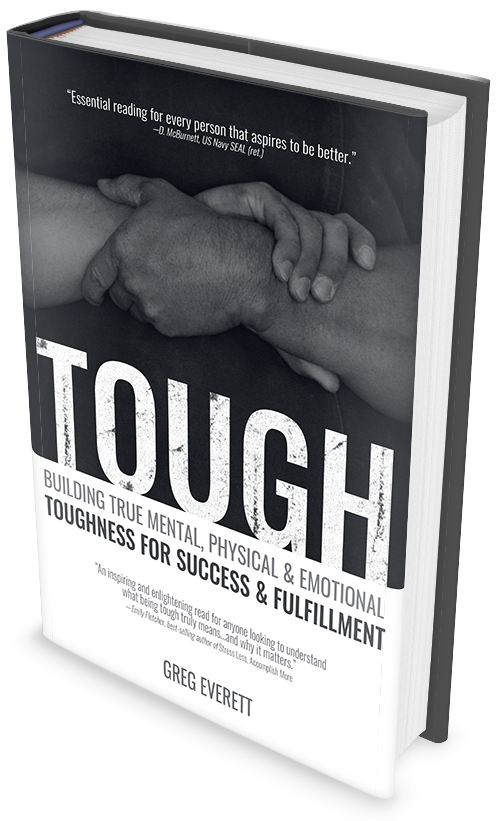Possessing an extensive and growing array of skills and knowledge, well-developed physical qualities across myriad realms, and the ability to take care of ourselves in as broad a range of situations possible—and knowing we do through experience—is the single greatest contributor to confidence imaginable. The confidence that capability provides us extends past the borders of our actual experience to some degree as well. Through collected experiences of both obvious success and mere survival, in addition to the skills and knowledge we inevitably accrue, we gain increasing trust in our general ability to make it through any conceivable situation because our mindset is shaped by that history. As a result, we naturally enter into unfamiliar circumstances and face new challenges with self-assurance and the attendant commitment to doing what’s demanded of us decisively. Uncertainty and vacillation in an emergency, in response to a threat, or simply in any situation in which failure carries with it meaningful risk, is the perfect formula for undesirable consequences.
A lack of confidence is the product of the fear of failure, suffering harm, exposure to others of our inability, or even private embarrassment and disappointment from discovering our own shortcomings. A firm belief in our capability, bolstered with evidence gained through experience, diminishes or eliminates that fear and allows us to confidently lean into the challenges we encounter. The more we’re able to do, and the more we’ve already done, the less intimidating and overwhelming unfamiliar experiences are, and the less fear and anxiety they induce. The benefit of this kind of confidence doesn’t just apply to surviving emergencies or facing danger—consider how many incredible, singular opportunities in life we may miss as a result of fear or anxiety. How many irreplaceable experiences will we never have the chance to enjoy and remember because of our reluctance to face risk, whether real or perceived? How many of those experiences might we right now be looking back at fondly and with appreciation of the lessons they provided had we possessed the courage to simply try?
While capability naturally underpins confidence in a way no other trait can, we have to remain vigilant of its legitimacy. No matter how much experience we accumulate over a lifetime, no matter how capable we become through that experience and our commitment to learning, we’re not infallible and we’re certainly not invincible. We do have to be willing and able to recognize and acknowledge our limitations, regardless of how minimal they may become with time and work. Early on in the process of pursuing true toughness, and later down the road, we tend to be more naturally aware of our limitations—early on because we’re first considering ideas that have never occurred to us and imagining situations that dangerously expose our current lack of capability, and later because our awareness and ability to accurately evaluate ourselves has improved with the aggregation and synthesis of experiences.
But there’s a period of time through the middle of the process when we become particularly susceptible to self-delusion or miscalculation with regard to our capability. At this time, we’ve collected a decent amount of knowledge and skill, but haven’t yet accumulated a commensurate number and type of experiences to genuinely test those capabilities. This allows us to more easily overestimate the quality or extent of our capability, potentially leading us to mistakenly place ourselves in situations with demands and risks for which we’re not actually sufficiently prepared. While such experiences may ultimately prove to be uniquely valuable once we make it through to the other side, they may also result in more harm than benefit, and possibly to an extreme degree—permanent injury, loss or death are not out of the question. Consequently, we have to rely on confidence for what it is and avoid inflating it unreasonably and irrationally, and this is accomplished through self-awareness and ongoing self-evaluation.

